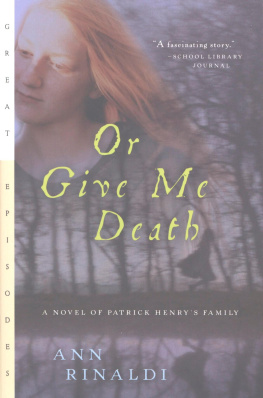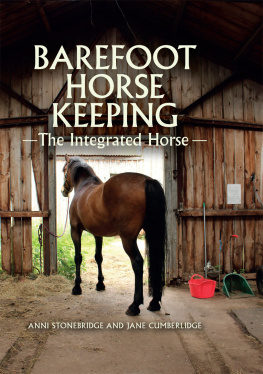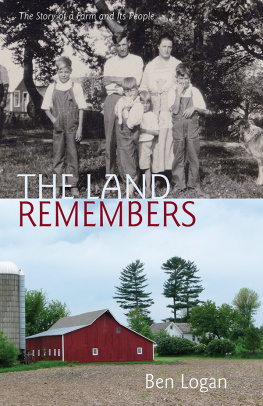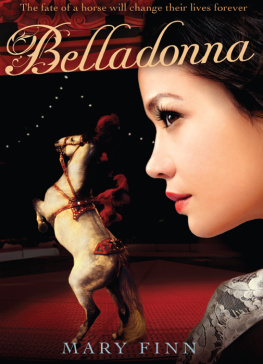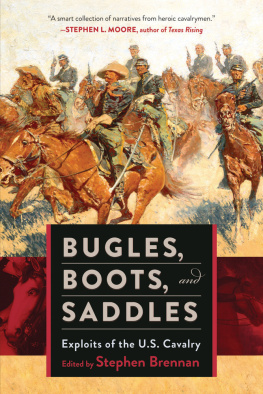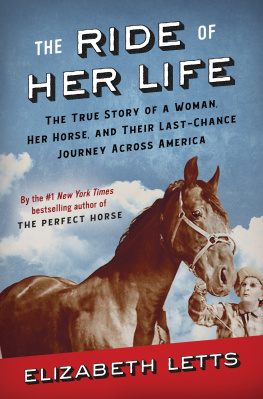Copyright 1991 by Ann Rinaldi
All rights reserved. Originally published in hardcover in the United States by Harcourt Brace, an imprint of Houghton Mifflin Harcourt Publishing Company, 1991.
www.hmhco.com
The Library of Congress has cataloged the print edition as follows:
Rinaldi, Ann.
A ride into morning: the story of Tempe Wick/Ann Rinaldi.
p. cm.
Originally published: San Diego: Harcourt Brace, 1991.
Summary: When unrest spreads at the Revolutionary War camp in Morristown, New Jersey, under the command of General Anthony Wayne, a young woman cleverly hides her horse from the mutinous soldiers who have need of it.
1. United StatesHistoryRevolution, 17751783Juvenilefiction. 2. Wayne, Anthony, 17451796Juvenile fiction.[1. United StatesHistoryRevolution, 17751783Fiction.2. New JerseyHistoryRevolution, 17751783Fiction.2. Wayne, Anthony, 17451796Fiction.] I. Title.
PZ7.R459Ri 2003
[Fic]dc21 2002027502
ISBN 978-0-15-200573-3 hardcover
ISBN 978-0-15-204683-5 paperback
eISBN 978-0-547-35152-0
v3.0818
To Joanna,
who deserves the title of friend
as well as agent.
And without whose urging
I would not have written this.
Acknowledgments
This book could not have been written without the support and encouragement of many good people.
For their constant and invaluable advice and assistance, I wish to thank the staff of Morristown National Historical Park in New Jersey, most especially James Kochen, supervisory curator, and Eric Olsen, Michael Puzio, Mark Gieser, and Joe Craig, from the division of interpretation.
Appreciation goes to Joseph Kleiner of the Academy Street branch of the Trenton Public Library, Trenton, New Jersey, for lending me a copy of Carl Van Dorens Mutiny in January when no other library would.
Although she thought she had not given me information enough to earn her credit, Joanne J. Brooks of the Suffolk County Historical Society in Riverhead, New York, helped me more than she realized. The few papers she sent on the Cooper family proved extremely enlightening.
Claire Kissil, reference librarian at the Local History and Genealogy Department of The Joint Free Public Library of Morristown and Morris Township, also deserves my gratitude for her patience in directing me to the books and papers I needed to further track down the Cooper family.
I am eternally appreciative for the work done by the men and women who wrote the factual books I referred to, as well as to those who assembled and documented the evidence I needed. These historical scholars, as well as the museum curators and librarians who keep such material over the years, never get the credit they so richly deserve.
No historical novel of mine could have been written, of course, had not my son, Ron, turned me on to history in the first place, years ago. I owe Ron a special debt for that. As well as for allowing me free use of his extensive library on American history and U.S. military history. And for always being able to answer my questions.
My husband, Ron, deserves thanks for putting up with me while I did the writing, which was done evenings and weekends. The same goes for my daughter, Marcella. Although she deserves a different kind of thank-youfor bringing over a new grandson to visit and play with, so I was refreshed and given new perspective.
Credit for the idea for this book goes deservedly to Bonnie Ingber of the Childrens Book Division at Harcourt Brace & Company. Having grown up in Basking Ridge, Bonnie, too, apparently heard of the myth of Tempe Wick and wanted such a book for Harcourt Braces Great Episodes series. I am appreciative also to Karen Grove, my editor at Harcourt Brace, for her unswerving enthusiasm that greeted every mailing of chapters to California.
Finally, although I never really thanked her in person, my eternal gratitude goes to Joanna Cole, my agent. I never would have undertaken the writing of this manuscript had she not urged me to do so. Every week, when the two chapters I had written and sent were received by her, she would call and highlight something wonderful I had done. A writer could ask for no better agent or friend.
Ann Rinaldi
May 23, 1990
1
Toward four in the afternoon, on the twenty-sixth of December to be exact, I had an appointment to meet my friends David Hamilton Morris and Jeremiah Levering in the orchard, near the magazine.
The magazine is where the army, which is camped all around this farm, keeps its ammunition and six fieldpieces. Although the day was bright and mild, as sometimes happens in the colony of New Jersey in midwinter, I knew theyd be cold, waiting for me. And hungry. They were always hungry, and Id promised to bring food.
In my blue-and-white striped haversack, I had two chicken legs wrapped in napkins, this mornings bread generously spread with freshly churned butter, and two large pieces of gingerbread.
Id just reached for my cloak, which was hanging on a wall peg, when my cousin Tempe came into the room.
And where do you think youre going? she said.
Her presence was startling to me. And disturbing. I never can look at her in that bright red cloak she wears without seeing anew how pretty she is. Her rich dark hair tumbled all about her shoulders. There was an energy about her that always diminished my own. And I knew, without hearing the words, that she was going to stop me.
Out, I said. Im going out.
Have you finished your chores?
Yes. I had my cloak on and was fastening it in front. I swept the kitchen, put clean linen on Aunt Marys bed, and gave her pottage and sweet-potato biscuits for her noon meal. Shes napping now. But first I read to her before she fell asleep.
Well, you cant leave now. Someones got to stay with her. And you know this is my time of day to ride Colonel.
But my friends are waiting for me, I wanted to say. Oh, the injustice of it! Theyre hungry, and I promised Id be there. But I didnt say it. For it would only make things worse than they are between us. And things are not good. The fault is mine, I am sure of it. For I failed with my own family, was sent away, and now it is not working out here either. And I like it here. I do not want to be sent packing again.
You promised I could go out after I finished my chores, I said. Im not a ninny. Im not wishy-washy. It isnt in me to be that way, so I looked her right in the eyes and reminded her of her promise.
Well, I didnt know youd be finished so late. Im sorry, but youll just have to wait. This is the time I ride Colonel every day. I told you how he waits for me. He knows the time.
Hes only a horse. He doesnt know time, I said. I know I shouldnt have said it. Shes daft over Colonel. He is white and clearly one of the most beautiful horses I have ever beheld. Seeing him reminds one that there is still a God, even though we are in the middle of this dismal war. Watching Tempe ride him, in that red cloak, makes one remember poetry.
Only a horse, is he? She threw her gloves down on the kitchen table. Ill remember that the next time you beg me to ride him, Mary Cooper!
Im sorry, Tempe. I didnt mean...
You never do. But you always manage to provoke me, dont you?
I offered no excuse, for there was nothing that would mend the moment.
It wasnt my intention to provoke.
What was it your intention to do then?
I shook my head dismally and sighed. I have a headache.
She picked up her gloves and came toward me, searching my face with her eyes. Its my mama, isnt it? Was she asking for my father again?
Her father, my Uncle Henry, died a few days ago of the pleurisy. We buried him yesterday, down to Mendham at the Presbyterian Church. Aunt Mary doesnt comprehend yet that the man she married back in 1735, the man she birthed five children for, is gone.

